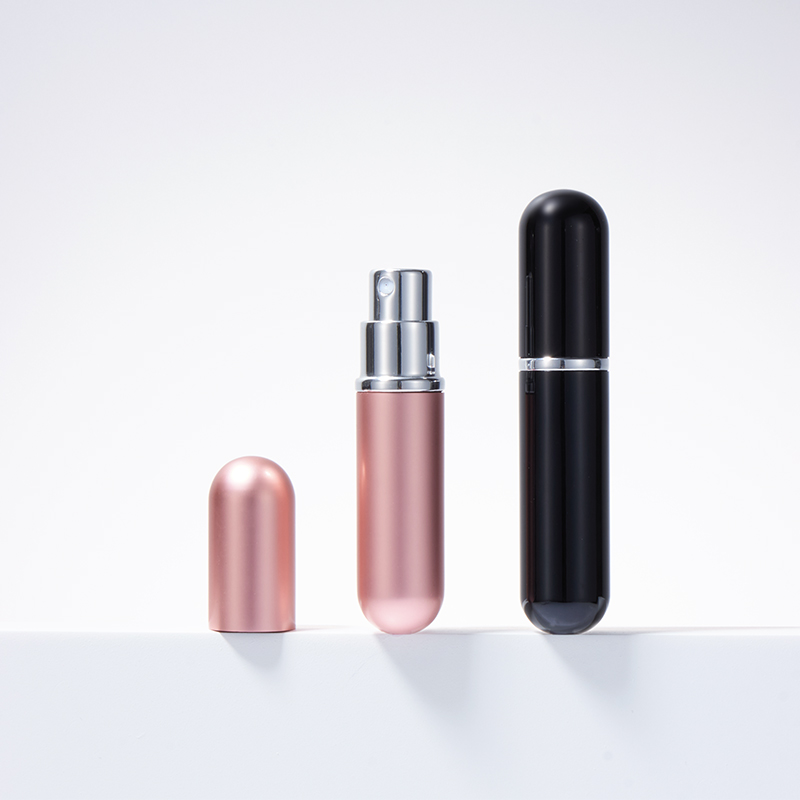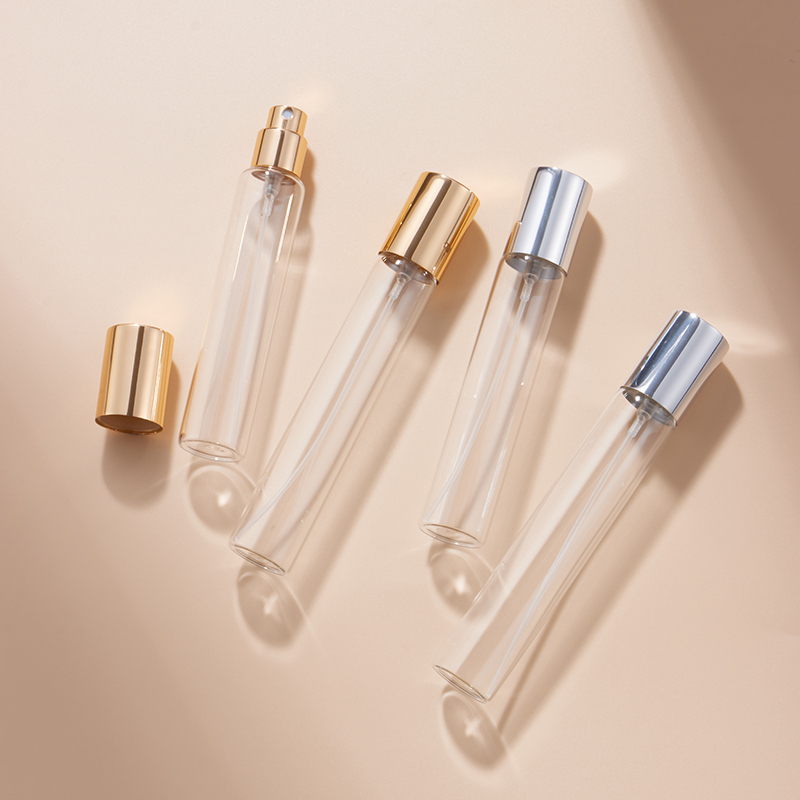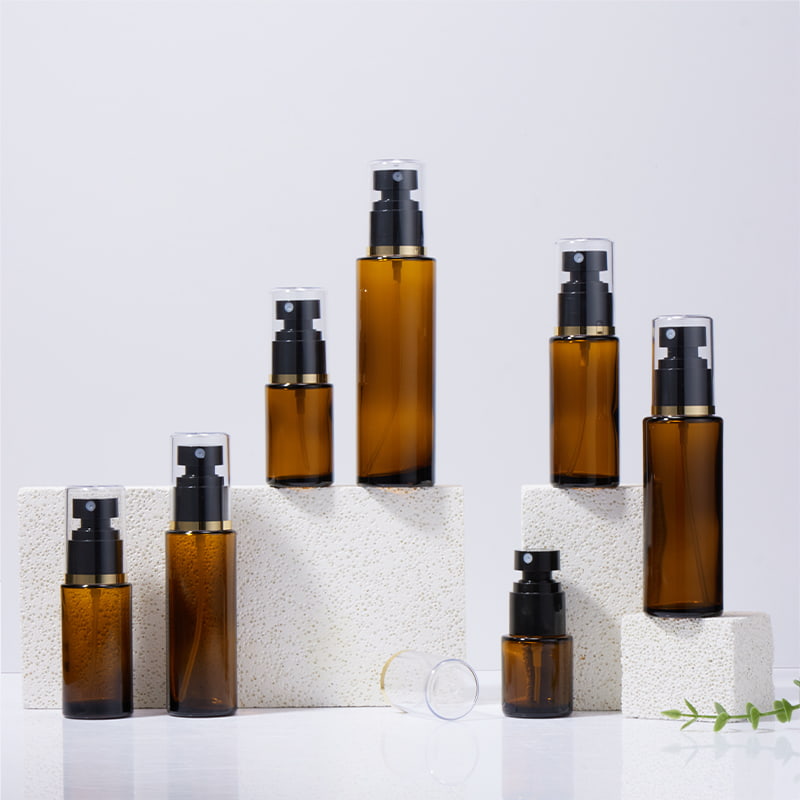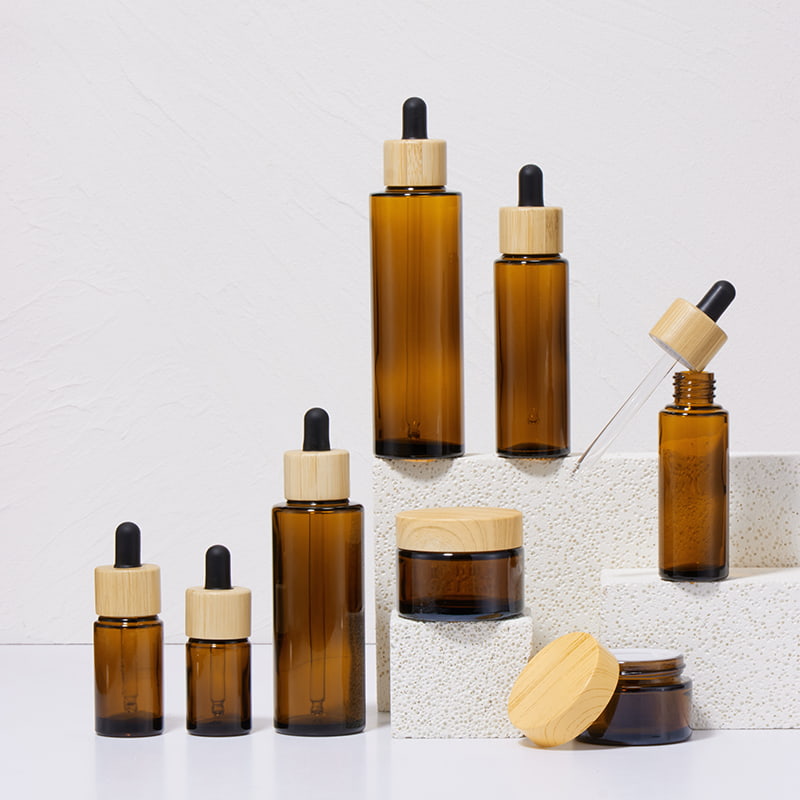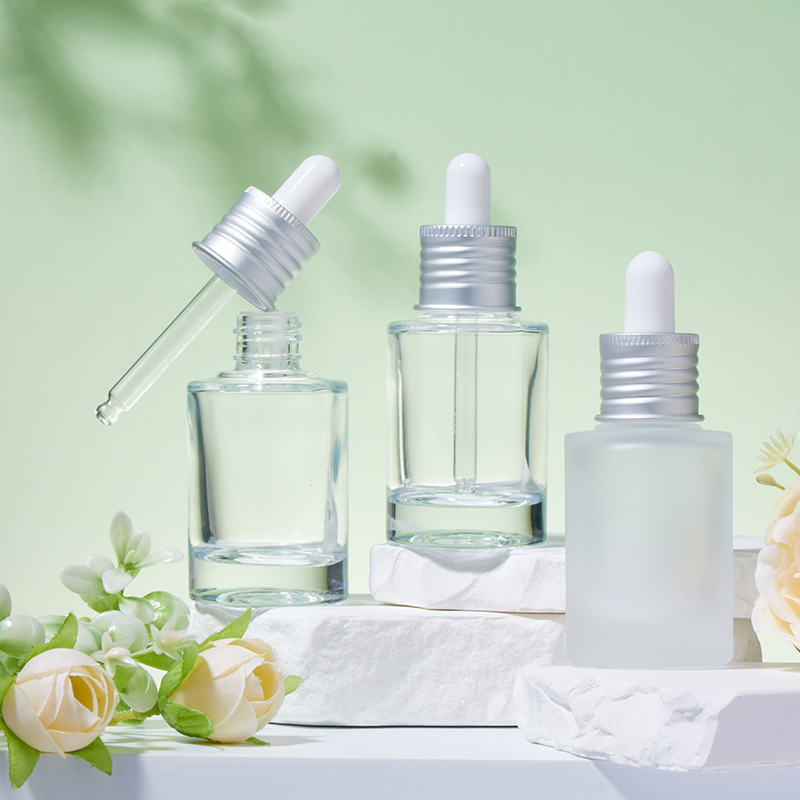What is a plastic pump head?
Industry News-Definition and characteristics of plastic pump head:
Basic structure
Made of plastic material, it usually includes components such as pressing head, pump chamber, piston, spring, suction tube, and sealing ring.
By pressing to generate negative pressure, the liquid inside the bottle is sucked out and sprayed out.
Common uses
It is mainly used for packaging liquid products such as cosmetics (such as lotion, essence, spray), detergents (hand sanitizer, detergent), drugs (disinfectant), etc.
Convenient to control the dosage and avoid contaminating the remaining liquid in the bottle.
Material type
Most of them use chemical resistant plastics such as polyethylene (PE), polypropylene polyethylene (PE), and polypropylene (PP).
Some high-end products may use ABS plastic to enhance durability.
Design classification
Ordinary press type: single press to dispense liquid, suitable for low viscosity liquids (such as toner).
Lock buckle type: rotatable lock to prevent accidental pressing (common in travel gear).
Foam pump head: make liquid into foam through special structure (such as foam for hand washing).
Advantages and disadvantages
Advantages: Lightweight, low cost, leak proof design, easy to use.
Disadvantages: Long term use may lead to aging, decreased sealing performance, and some inexpensive pump heads are prone to damage.
Applicability limitations
Not suitable for high viscosity liquids such as honey and cream, which may clog or be difficult to press.
Some strong acids, strong alkalis, or organic solvents may corrode plastics, requiring special material pump heads.
| Aspect | Description |
| Basic Structure | Made of plastic components: push-top, pump chamber, piston, spring, dip tube & sealing gasket. Uses suction to dispense liquid. |
| Common Uses | Found in cosmetics (serums, toners), cleaning products (soap, detergent), & pharmaceuticals (disinfectants). Provides controlled dispensing. |
| Material Types | Typically PP (polypropylene) or PE (polyethylene) for chemical resistance. Premium versions may use ABS plastic. |
| Design Variants | • Standard pump (single press) • Locking pump (travel-safe) • Foam pump (creates lather) |
| Pros & Cons | Lightweight, affordable, leak-proof Prone to wear/seal failure; cheap pumps break easily |
| Usage Limits | • Avoid thick liquids (clogs tubes) • Unsuitable for strong solvents (may degrade plastic) |


 中文简体
中文简体 Español
Español عربى
عربى
